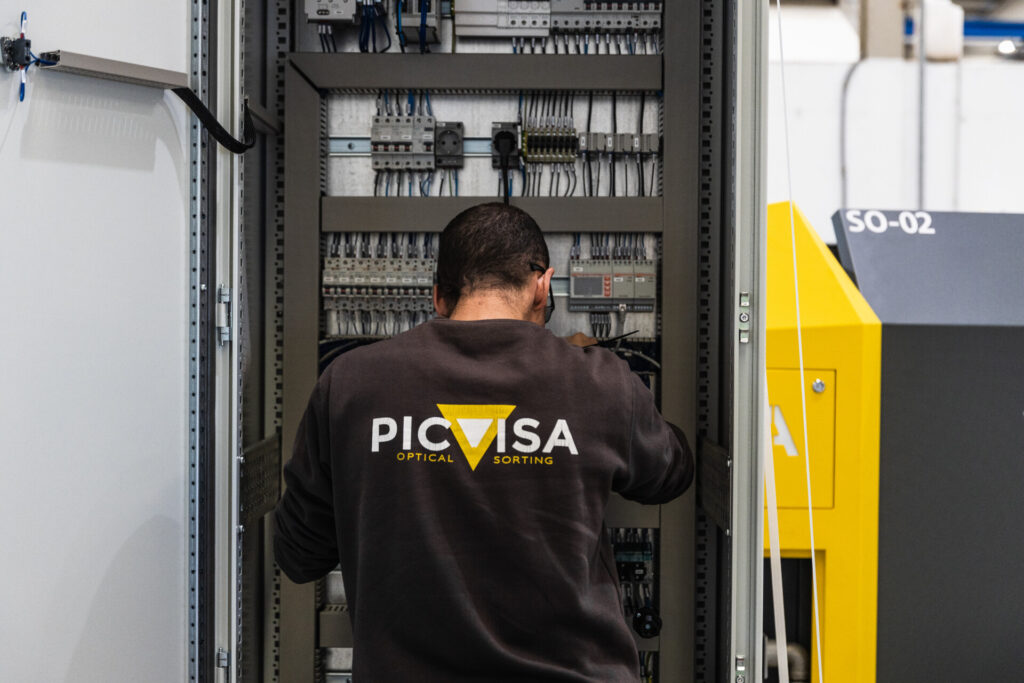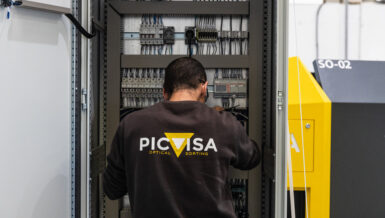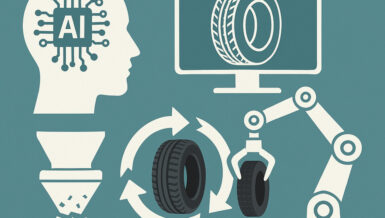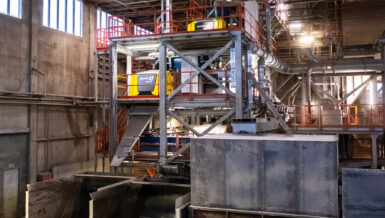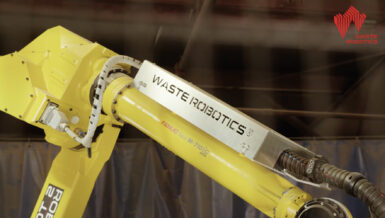Glass Recycling: A Sector Ready for Disruption
Glass is one of the world’s most recyclable materials, yet its recycling process remains riddled with challenges. Post-consumer glass often arrives at sorting facilities heavily contaminated with ceramics, metals, stones, and other impurities. Color sorting — critical to producing high-quality cullet — requires extraordinary precision, as even small mistakes can compromise entire batches.
Traditional mechanical methods, reliant on density and basic optical separation, have improved over time but face hard limitations. Manual quality control, while valuable, is labor-intensive and subject to human error. Faced with increasing demands for purer secondary raw materials and stricter regulations on recycling rates, the sector urgently needs a new approach.
This is where AI comes in — not as an incremental improvement, but as a transformative force.
AI’s Impact on Glass Recycling
Artificial Intelligence offers solutions that traditional recycling technologies cannot match. Through real-time analysis, learning capabilities, and adaptive responses, AI is rewriting the rules of material recovery.
- Material Recognition at a New Level: AI-powered vision systems can distinguish materials with extreme precision based on texture, spectral signature, and color nuances that are invisible to the human eye. This enables highly accurate separation of green, amber, and clear glass, while eliminating contaminants like ceramics and metals more effectively than ever.
- Learning and Adapting to Change: One of the most valuable aspects of AI is its ability to learn. As new materials or contamination types appear in the waste stream, AI systems can adapt without the need for costly hardware upgrades or prolonged downtime for recalibration.
- Operational Efficiency and Predictability: With AI managing the sorting process, facilities can run faster and longer with consistent performance. Predictive maintenance, real-time monitoring, and automated quality reporting further enhance operational reliability.
- Boosting Circular Economy Goals: By significantly improving purity rates and yield, AI not only makes recycling more profitable but also more sustainable. More glass being returned to the furnace means fewer virgin raw materials extracted, lower energy consumption, and a substantial reduction in CO₂ emissions.
In short, AI doesn’t just improve glass recycling — it changes what is possible within it.
ECOGLASS by PICVISA: A Concrete Example of AI-Powered Innovation
While the broader sector is waking up to AI’s potential, PICVISA has already embedded it at the heart of its systems. Their upgraded ECOGLASS solution is a prime example of how AI is no longer an experiment, but a working reality in recycling facilities today.
ECOGLASS integrates sophisticated artificial vision modules, NIR spectrometry, and hyperspectral imaging to achieve unmatched precision in material separation. As incoming material moves along the acceleration belt, advanced cameras capture detailed images, and the AI software analyzes them instantly to detect color, composition, and any contaminants.
When an unwanted object is identified, the system commands high-speed solenoid valves to eject it at the exact moment necessary, ensuring the purity of the recovered glass fractions. And thanks to continuous learning algorithms, ECOGLASS becomes smarter with every ton of material it processes, adapting to input variations without slowing operations down.
But the advantages don’t stop there. Operators benefit from a powerful, user-friendly interface offering real-time system diagnostics, production data, and predictive maintenance alerts. Facility managers gain insights to optimize throughput, reduce downtime, and maximize return on investment — all driven by the intelligence built into the system.
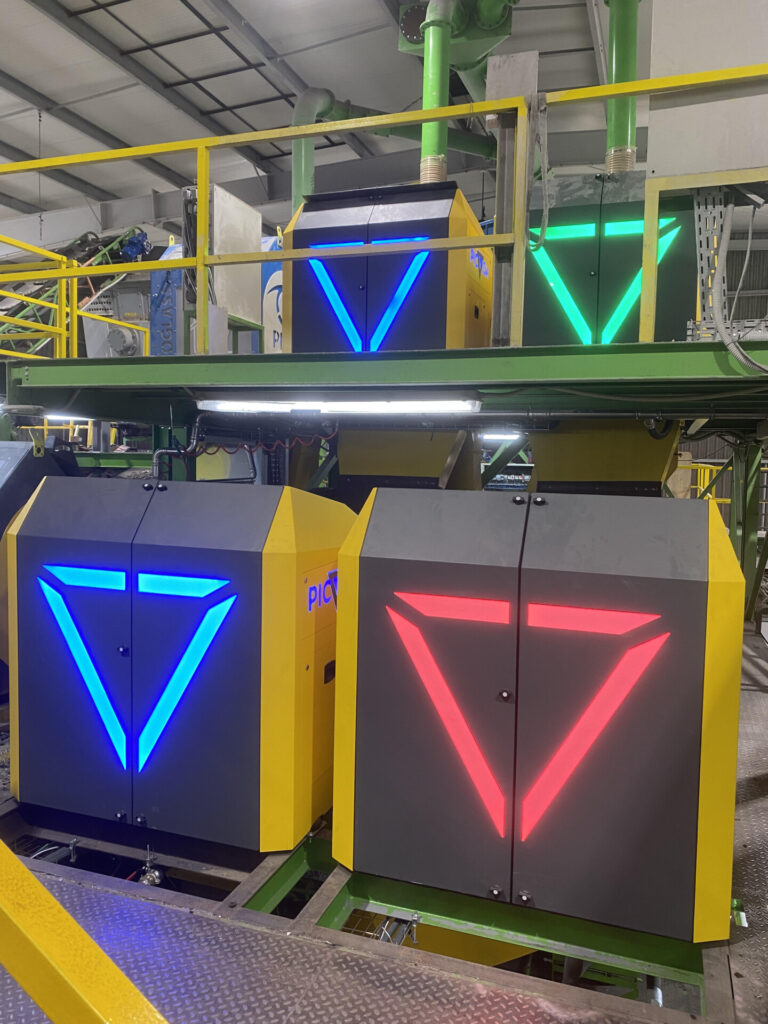
Looking Forward: Setting the Standard for Smart Recycling
PICVISA’s ECOGLASS shows that AI in glass recycling is not just a future promise — it’s a present-day advantage. Facilities that embrace these technologies now will be better positioned to meet stricter environmental standards, satisfy customer demands for higher-quality recycled materials, and contribute meaningfully to the circular economy.
As the recycling sector faces growing pressures — from regulatory bodies, consumers, and global sustainability targets — AI-powered systems like ECOGLASS will define the new benchmarks for performance, profitability, and environmental stewardship.
In a world where resources are finite and efficiency is non-negotiable, intelligent recycling isn’t just an innovation — it’s the only way forward.

